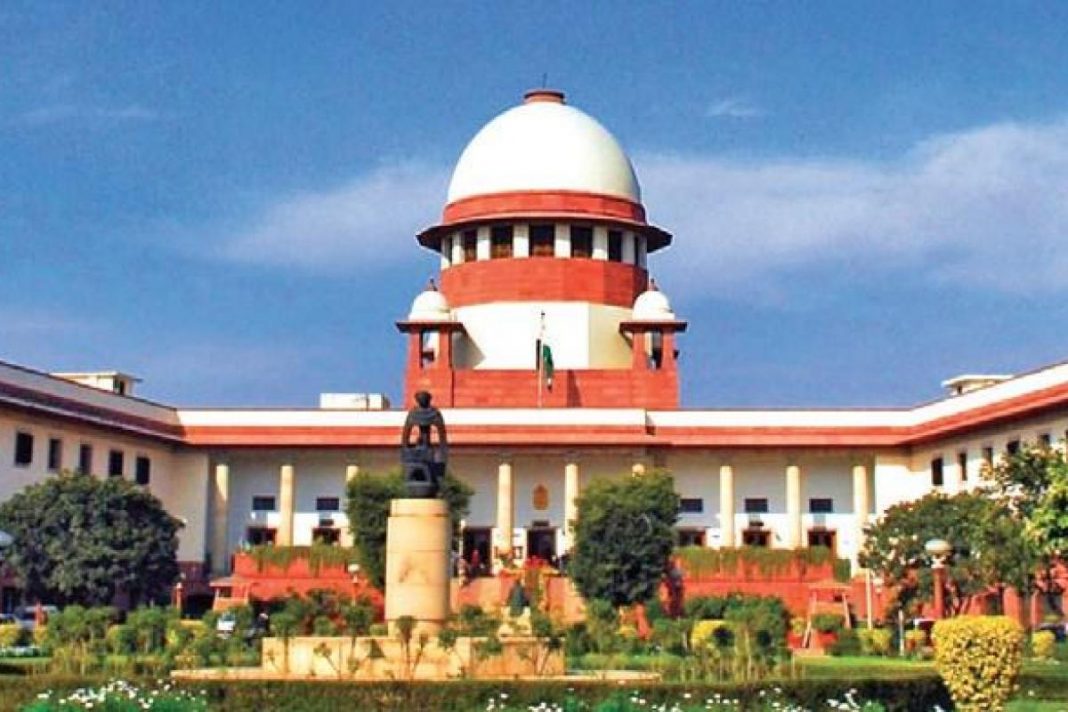Human Rights activist Syeda Hameed has filed an application in the Supreme Court seeking impleadment in the PIL filed by BJP leader and Advocate Ashwini Kumar Upadhyay against forced religious conversions, calling it violative of Article 25 of the Constitution.
Filed by AoR Akriti Chaubey and drawn by Advocates Shahrukh Alam and Shantanu Singh, the application claimed that there was an ‘intrinsic’ relationship between hate speech and free exercise of Freedom of Religion under Article 25.
Dr. Syeda pointed out some classes of instances, where an individual was curtailed from exercising the Freedom of Religion and Conscience.
As per the Padma Shri recipient, the first instance was when hate speech was systemic and widespread and explicitly targeted particular religions.
She said hate speech, when fed into social discrimination, affected marginalised communities and caused loss of agency required to exercise the Freedom of Religion and Conscience.
As per Dr. Syeda, the Right to Freedom of Conscience was affected and restricted by the stigmatising and the push towards social and political exclusion. She mentioned that there have been rallies replete with speeches that directly and hatefully targeted a religious community.
The activist said that targeted sexual violence or threats of sexual violence for adhering to certain beliefs or for professing and identifying with a religion remained one of the most potent attacks on free agency and the right to profess or identify with a group.
Referring to the two events that took place in Haridwar, she alleged that the events allegedly targetted the Muslim community and propagated violent speeches inciting their killings.
As per Dr. Syeda, the contents of the speech fed into an already prevailing discourse, which had no space for other cultures, traditions and practices.
The educationist alleged that creating paranoia and a completely manufactured feeling of being under siege amongst ordinary Hindu citizens, such actions evoked fear and also had the effect of inducement to the poorest vendors, who might feel compelled to hide their religious identities.
She alleged that such calls were made by persons holding public offices, or by persons in the media with widespread following, or even in the state’s response to the same.
Dr Syeda further alleged that there have been cases where the State lodged criminal cases against persons offering Namaz in public spaces, but no such action was taken over other forms of worship in public places.
She further alleged that certain mediapersons with a large following were also said to have openly encouraged economic and social boycott based on religious identities.
She added that this evoked both fear and an inducement to hide personal religious convictions.


